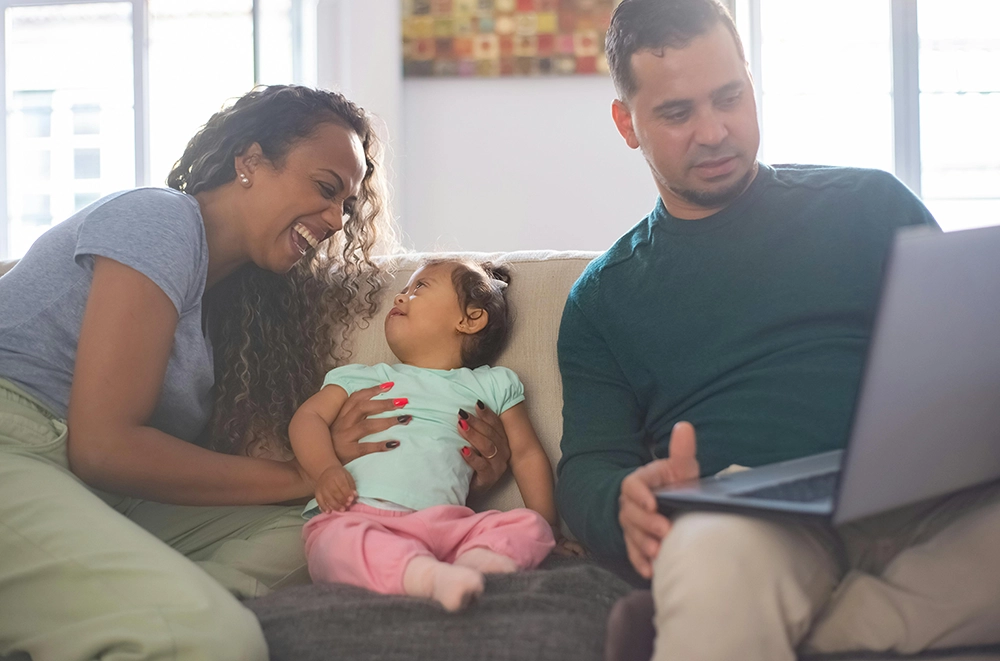
Friendships play a vital role in emotional and cognitive development. They teach children how to share, cooperate, empathize, and solve problems. For children with special needs, positive peer interactions can also strengthen communication skills, increase self-esteem, and reduce feelings of isolation.
Children with special needs may experience barriers such as communication differences, sensory sensitivities, or limited social exposure. These factors can make it harder for them to initiate or sustain friendships without intentional support from parents, educators, and peers.
Encourage Shared Activities: Group play, art projects, or storytelling sessions offer opportunities for connection through shared interests.
Teach Social Skills: Simple lessons in turn-taking, greetings, and empathy can build confidence in social settings.
Foster Inclusion: Schools and communities that celebrate diversity help children feel accepted and valued.
Model Kindness and Patience: Adults who model empathy teach children to approach differences with understanding and respect.
Create Safe Spaces: Environments that accommodate individual needs—like quiet zones or flexible routines—enable children to engage comfortably.
Parents and educators play a pivotal role in bridging social gaps. By organizing inclusive activities, providing positive reinforcement, and collaborating with therapists or specialists, they help children thrive socially and emotionally.
At the heart of every successful social connection lies love and patience. When we nurture children with special needs with understanding and acceptance, we empower them to explore, connect, and build relationships that enrich their lives and the lives of those around them.
Social growth is an essential part of a child’s overall well-being. With inclusive practices, gentle encouragement, and unwavering support, every child can experience the joy of friendship and belonging.
Learn more about our inclusive programs and support services at www.applicaal.ca